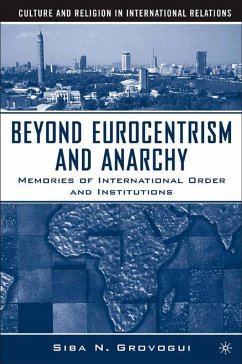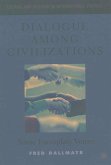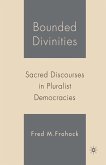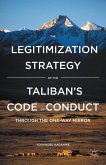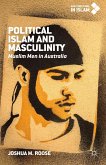This book re-evaluates 'international knowledge' in light of recent scholarship in the fields of hermeneutics, ethnography, and historiography regarding the 'non-West', the past, and the present of international society. It offers a view of the present in the form of a critique of Euro-centrism and occidentalist views of the postwar order.
Hinweis: Dieser Artikel kann nur an eine deutsche Lieferadresse ausgeliefert werden.
Hinweis: Dieser Artikel kann nur an eine deutsche Lieferadresse ausgeliefert werden.
"What might a genuinely global and peoples' history of International Relations look like? How does one think outside the framework of a discipline that masks its own western parochialism as universal and eternal verities? When did the study of relations between the diverse peoples of this world reduce itself to a handmaiden of the foreign policy elites of nation-states? And, how might one decolonize a discipline that assumes the worst in human nature, and consigns the vast majority of people in this world to the status of mimic men? Beyond Eurocentrism and Anarchy represents Siba Grovogui's stunning and compelling answer to such important questions. By re- visiting a forgotten encounter - between a group of French-African intellectuals who epitomized the best of a postcolonial and radically different world-view and a western civilization momentarily shaken out of its self-confidence amidst the ruins of the Second World War - Grovogui demonstrates the critical importance of a genuinely global and equivocal perspective on International Relations. The result is a book that will endure as a classic work in the long process of decolonizing International Relations."
- Sankaran Krishna, University of Hawai`i at Manoa
- Sankaran Krishna, University of Hawai`i at Manoa

